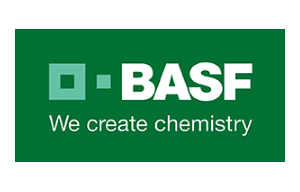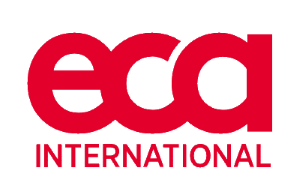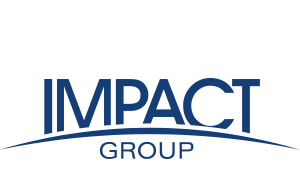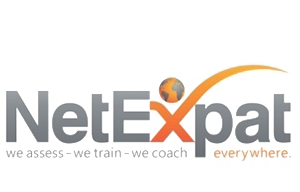Frequently Asked Questions
In which countries can an accompanying partner get a work permit at present?
Currently, there are approximately thirty-five countries that allow the (married) spouse or sometimes the accompanying (unmarried) partner or children to work freely. For example, the UK, The Netherlands, Denmark, Finland, Australia, New Zealand and Canada allow spouses and partners to work. The USA allows married spouses to work in certain visa categories, however there are […]
Do you include unmarried partners, same sex couples, in your aims?
Yes. In promoting our aims, we support opportunity and inclusiveness in employment and family life, so we include both married spouses and unmarried partners, irrespective of gender. In all our promotional materials, we use the word “partner” unless we feel that “spouse or partner” is necessary for context or clarity. We are also aware that […]
Why do international companies and organisations need to employ international employees?
International companies and organisations employ a small but critical number of expatriate staff …
How does Permits Foundation prioritise the countries to approach?
Our Board of Directors decides on the direction and focus of the Foundation’s efforts. Each year, we ask our sponsors which countries are of importance in terms of expatriate staff numbers or growth plans, and we cross check this with wider business surveys. From this, we develop a ‘Top 10’ list of countries of interest. […]
Once a country has been identified, how do you proceed?
We hold an exploratory meeting with employers and other expert groups in the location to get a considered local opinion on the economic, social and political climate and whether the timing is right. If this is positive, we form a local network and steering committee to help us formulate a detailed plan to gather support […]
How do you convince governments to relax work permit regulations for expatriate partners?
Our research shows that countries that enable partners to work are attractive destinations for highly skilled employees. This presents a real opportunity for countries to create an attractive climate for international talent and investment. At the same time, partners themselves are often highly educated. If they are allowed to work, they contribute their own skills […]
How long does it take to achieve your goals in a particular country?
Change does not happen overnight and it is often difficult to predict. In our experience, it normally takes at least one to two years to achieve some legislative progress. Countries that are keen to attract highly skilled staff may move faster. Others may take much longer to move to direct access to employment for accompanying […]
How do you approach countries that are reluctant to change?
We listen to and respond to concerns. We aim to provide quality research that helps governments understand the importance of partner employment access within in a managed migration policy for highly skilled international staff. We can also help a host country to compare its regulations with those of other countries, including best international practices. With […]
Are work permits the only barrier to partners working?
Accompanying partners face a number of challenges. Whereas employees usually transfer within their company as part of a career plan, their partners have to uproot themselves from their current job and company at a time they may not have chosen. They may have no professional network in the new country and the market for their […]
How can my organisation become a sponsor?
Sponsors pay an annual donation. The procedure is very straightforward. Contact us to let us know that you are interested and we will arrange a call to answer any questions you might have. When you are ready, we will send you a voluntary payment request so that this can be processed by your finance department. […]
Is there a recommended level of donation?
The board recommends an annual donation of € 7,700 for 2025. This is not a fee for services, but a contribution to the work of the Foundation. In line with our not-for-profit status, the level is at your discretion and does not involve a contractual commitment. Some sponsors with few or no international staff give […]
It is possible to be more actively involved?
If you wish to be more actively involved, we encourage your local representatives to take part in our country networks, or to help set up a new network in a country of your choice. You can also help in other practical ways by spreading the word, writing articles or referring to our work in presentations, and inviting […]
Are there other ways we can support your objectives, apart from making a financial donation?
Yes, certainly. You can spread the word by posting our site link on your website, writing articles and inviting us to speak at conferences. If you write about dual careers, you are welcome to quote information from this site, provided you acknowledge the source. Please contact us and we will be pleased to speak with you […]












































